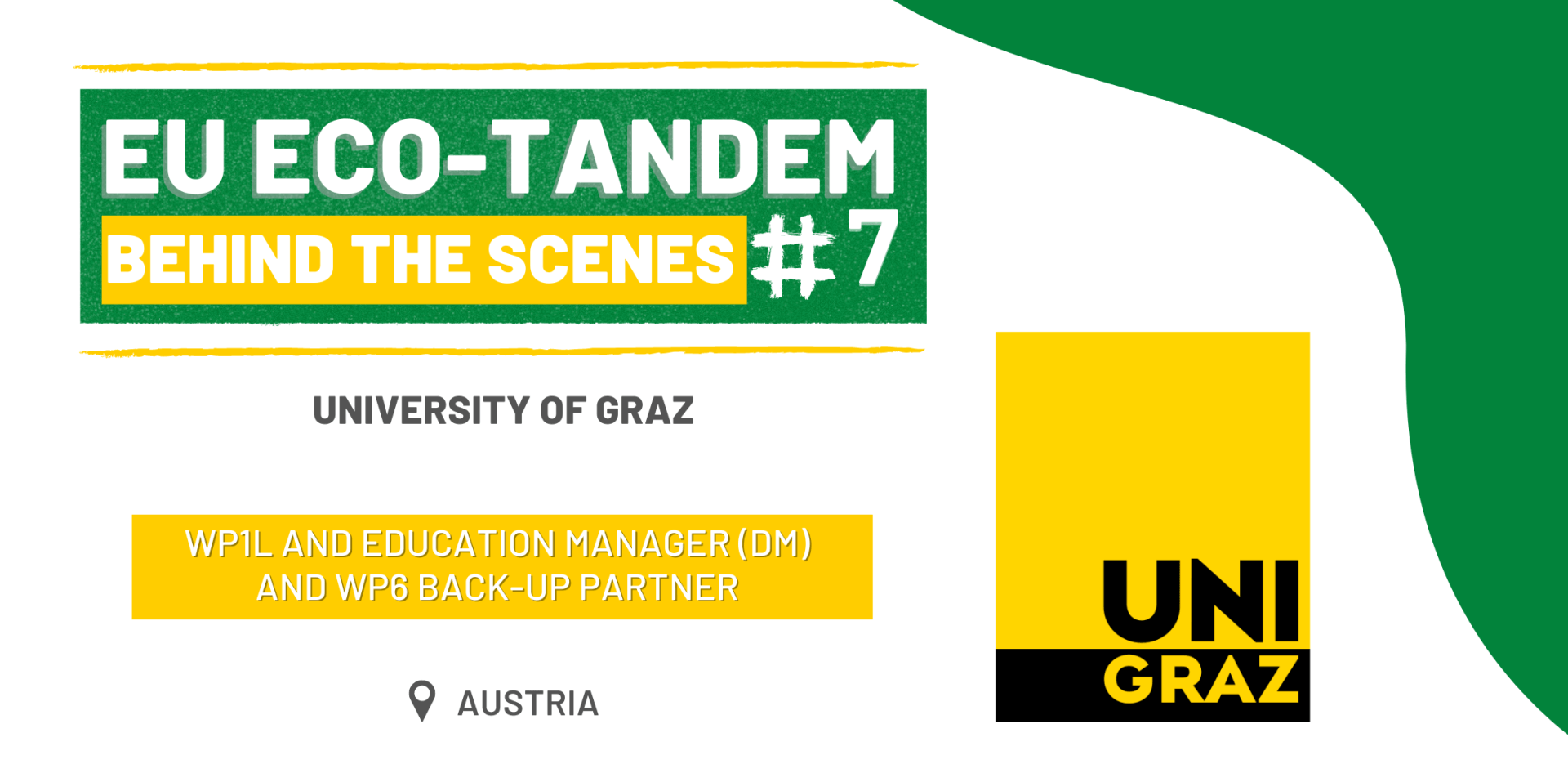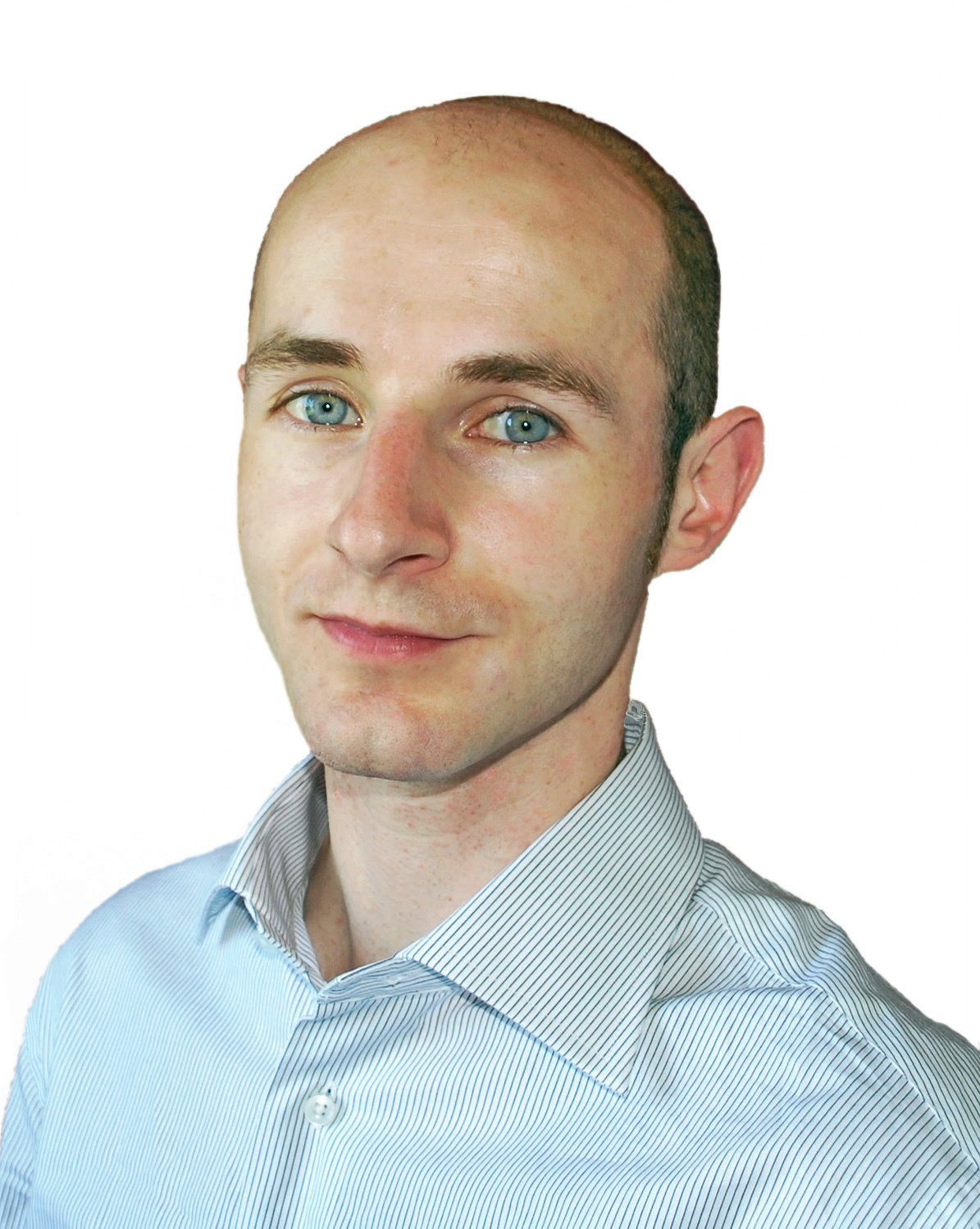A few words about Uni Graz...
The
University of Graz, founded in 1585, is Austria's second oldest university and one of the largest in the country with 31,000 students and 4,700 employees. As a comprehensive university, the University of Graz regards itself as an international institution for education and research committed to research and teaching for the benefit of society. This connection to society is very important to foster mutual knowledge creation and exchange for the benefit of the social, cultural and economic development. Therefore, we build our profile by determining research focuses under the consideration of socially relevant research questions. Innovative interdisciplinary research and cooperation are amongst the subjects especially encouraged. The Regional Centre of Expertise (RCE) Graz-Styria, a center for sustainable social transformation at University of Graz, applies this approach in its projects and ECO-TANDEM is one of them.
Question 2
In which ways is your organisation committed to sustainability?
Through research, teaching and as an employer, the University of Graz has a great influence on society and assumes responsibility for sustainable action in the social, ecological, and economic areas of sustainability. Sustainability as well as climate and environmental protection have been important components of the University of Graz for many years. The university's goal is to continuously promote awareness of sustainable development among all employees and students and to take the role and impact of these global multipliers seriously. It commits itself to following the Sustainable Development Goals (SDGs) of the United Nations as a guiding principle for its activities.
This can be seen through numerous initiatives in research and teaching, in which the University of Graz plays a pioneering role in the national and international context. To this end, it places particular emphasis on fields of excellence that are characterized by outstanding performance, international success and socially relevant aspects. University of Graz has defined five so-called fields of excellence. Researchers join together to answer important questions beyond the traditional boundaries of the subjects and develop strategies to help shape the future. One of these fields of excellence, Climate Change Graz, deals with man-made climate change, which is one of the greatest challenges of the 21st century. Sustainability issues are also anchored in the Research Network Environment and Global Change (EGC Graz), as well as in numerous other projects, curricula and courses.
The University of Graz follows environmental guidelines. Numerous sustainable offers are made available for employees and students, for example in the area of mobility. The university carries out ongoing improvements in the area of building infrastructure in order to reduce energy consumption. The barrier-free University, promotion of women, diversity management and the promotion of the compatibility of work and family are only a few examples of the social sustainability activities within the university.
Question 3
Which are your personal motivations to join the team of EU ECO-TANDEM?
At the RCE Graz-Styria we follow a transdisciplinary approach in our projects. That means involving stakeholders from outside the university in our research and teaching to create results that are valuable and accepted by society. The ECO-TANDEM project is a good example, where theory meets practice. With the tandems that are created in the course of the project we can really make a difference and contribute to make the tourism sector more sustainable.
Question 4
Why do you think sustainability represents a big potential for the tourism industry?
Sustainability is a necessity and the only way to go in the future! Sustainability - or rather sustainable development - is a dynamic process and we have reached a point where we cannot continue following unsustainable practices. That concerns all fields of human action but especially tourism, which has a huge economic value for many people. We are facing economic, political and health crises, but also challenges related to overtourism and above all the effects of climate change. In such a challenging and at the same time highly competitive environment it is essential for any tourism business to be as sustainable as possible and become more resilient. That means genuine commitment in terms of following a vision that takes into account social, economic and ecological goals.
Question 5
Why should a tourism SME join the EU ECO-TANDEM programme?
The ECO-TANDEM project supports tourism businesses to find their way to a sustainable future. Through the activities in the project SMEs can gain knowledge and skills, establish contacts, and of course receive financial help to implement sustainable practices in their business.
Question 6
Describe the EU ECO-TANDEM programme in three words.
Innovative, future-fit, collaborative
Question 7
A last question! Which is your favourite type of sustainable vacation?
Our team members like to spend their holiday time sustainably. Sometimes less is more. That can apply to travel distance, going to destinations that are close by and can be reached without a plane. But it is also true for the level of comfort in accommodations. To appreciate the small things in life (and on holidays) can enrich the experience while being sustainable at the same time!





